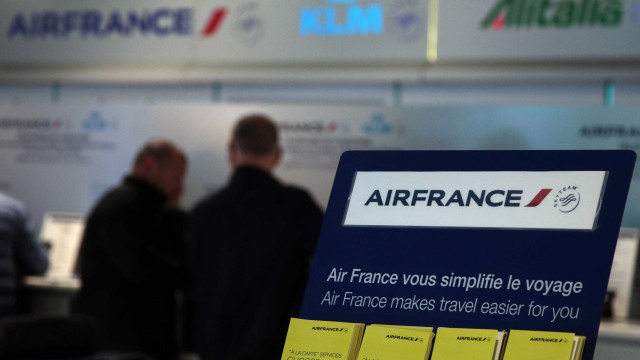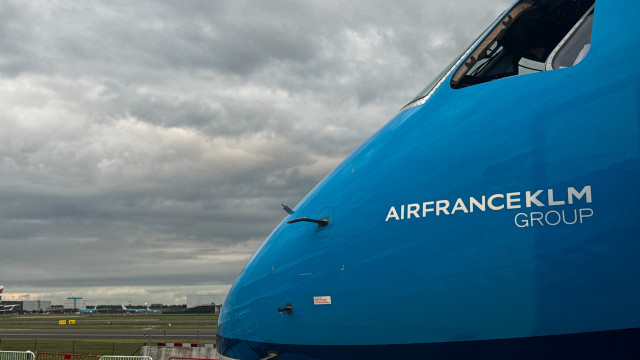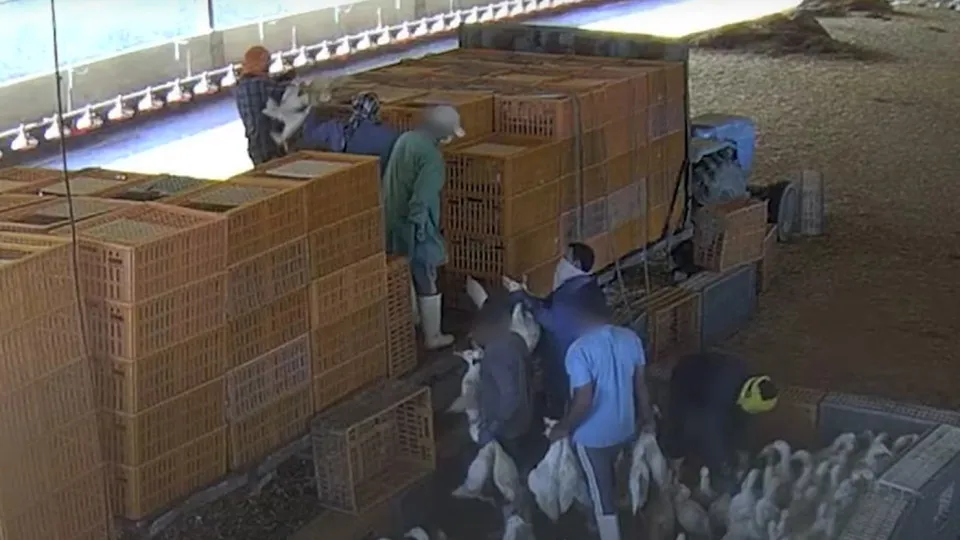During a presentation in Amsterdam, Ben Smith, speaking remotely, explained that the interest is not solely financial but strategic.
“The most important thing for us is having the ability to make commercial decisions. If we cannot manage commercially at TAP, the interest is very limited,” he said, adding, “this usually requires 51%, 60%, or 70% of the capital.”
The CEO, however, acknowledged that there are alternative models that allow for synergies and financial benefits without full control, as demonstrated by Delta’s 49% stakes in Virgin and Aeroméxico.
“We are open to different structures, but we need to be comfortable that we can achieve the right synergies and that TAP can compete better in the market,” he emphasized.

The CEO of Air France-KLM, Ben Smith, stated that any potential sale of TAP to the IAG group, owner of Iberia and British Airways, would face significant political challenges in Portugal and regulatory hurdles in Brussels.
When asked about the Portuguese government’s possible desire to retain a majority stake, Ben Smith responded that there are ways to “alleviate concerns,” such as commitments to brand protection and employment, similar to those applied in the KLM case in 2004.
During the presentation, amidst the visit to KLM’s operational centers in the Netherlands, Ben Smith noted that this is the third time they have considered purchasing TAP due to setbacks caused by successive government changes, and he promised a decision “in the short term.”
“We remain very interested in TAP,” but “we haven’t decided internally whether to make a formal offer. We need to be sure that we are in the right position to proceed,” he explained.

The CEO of Air France-KLM, Ben Smith, admitted the possibility of establishing a maintenance unit (“MRO”) or expanding Transavia’s operations at secondary airports like Porto.
Founded in 2004, Air France-KLM resulted from a merger between the French and Dutch airlines, with decision-making centers in Paris and Amsterdam.
Last week, Parpública, the state holdings manager, informed that those interested in purchasing up to 44.9% of TAP’s capital must submit their declaration of interest via email by 16:59 on November 22.
The terms of the sale also stipulate that 5% of the capital will be reserved for employees, as per the Privatization Law, and the future buyer will have preemptive rights over the unsubscribed portion.
The French government currently holds a 28% stake, and the Dutch government holds 9.1%. This is followed by the CMA and China Eastern Airlines with 8.8% and 4.6%, respectively.
Employees also have a 3.1% stake, and Delta Air Lines, the group’s partner for flights to the U.S., holds 2.8%.
The group connects to 320 destinations in 90 countries and employs approximately 78,000 people globally, according to 2024 data.




